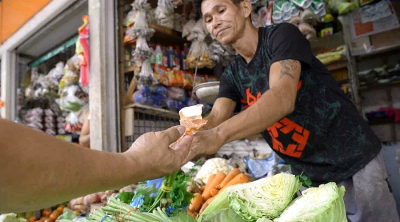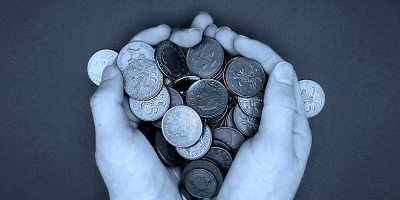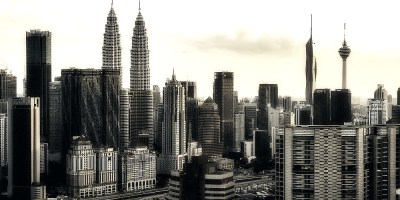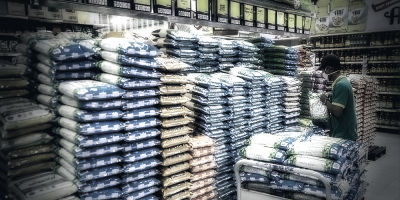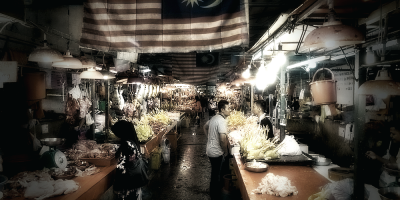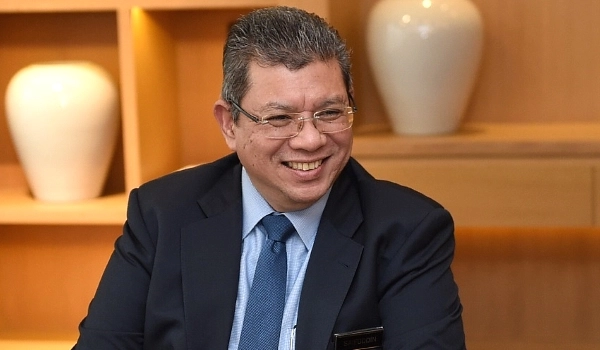
Allow me to share a personal experience in a foreign country.
To protect diplomatic interests, I refer to the country as “A” and its currency as “San”.
I had dinner at a restaurant in country A. I ordered a set menu consisting of sandwiches, fries and carbonated water. The price was 51 San.
Once the meal was over, the restaurant was about to close. As the employees packed up, one of them changed the price tag of the menu I had ordered earlier to 55 San.
I was puzzled and asked why it was changed. The worker replied, “Tomorrow the price will go up.”
I asked again, “What was the price yesterday?” The worker replied, “47 San”. “Why?” I asked. “Inflation,” he replied.
Inflation is the biggest challenge for all of us in Malaysia. It is discussed in every cabinet meeting.
Steps are sought to resolve it. Subsidies (RM77.3 billion, the largest in the country’s history), price controls (e.g. cooking oil, chicken and eggs), and enforcement were implemented.
The price of goods is reviewed periodically. Malaysian Family assistance is provided.
Inflation is a major topic in regional and international conferences. It was discussed in parallel with post-COVID-19 pandemic economic recovery plan and food security.
Our inflation rate is within control. It is lower compared to other countries. Many countries have recorded an inflation rate of almost 10%, and some have exceeded 10% this year.
Lately, the conflict in Ukraine has resulted in a supply shortage of food, grain, wheat and fertilisers, all of which caused the inflation rate this time to be extraordinary. All trading countries are affected.
Malaysia is an international trading country. The ways we engage are multifaceted.
Some are two-way, that is, between us and a friendly country. Some are cooperative in nature between us and two or three neighbouring countries, and with numerous regional countries.
Some are cooperative, with us in a regional group, for example, ASEAN, with a country outside the region, or with another regional group, for example, the European Union. And some are of our membership in several international platforms. Hence, we are also exposed to the inflation that has struck the world.
Thus far, our inflation rate is within control. It is lower compared to other countries. Many countries have recorded an inflation rate of almost 10%, and some have exceeded 10% this year.
Recently, I had a virtual meeting with Malaysian students and citizens in Russia. The rising inflation rate there worries them, including parents who send money to them for daily expenses.
In country A (which I recounted above), the average inflation rate exceeds 75%, whereas the inflation rate for food exceeds 90%.
(Datuk Seri Saifuddin Abdullah is the Minister of Foreign Affairs and Member of Parliament for Indera Mahkota.)
ADVERTISEMENT
ADVERTISEMENT






